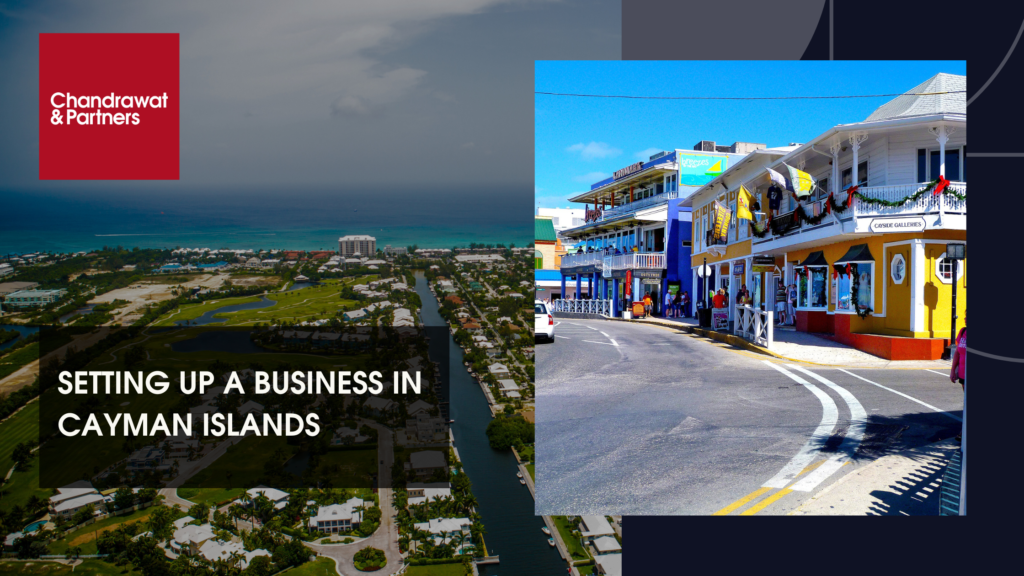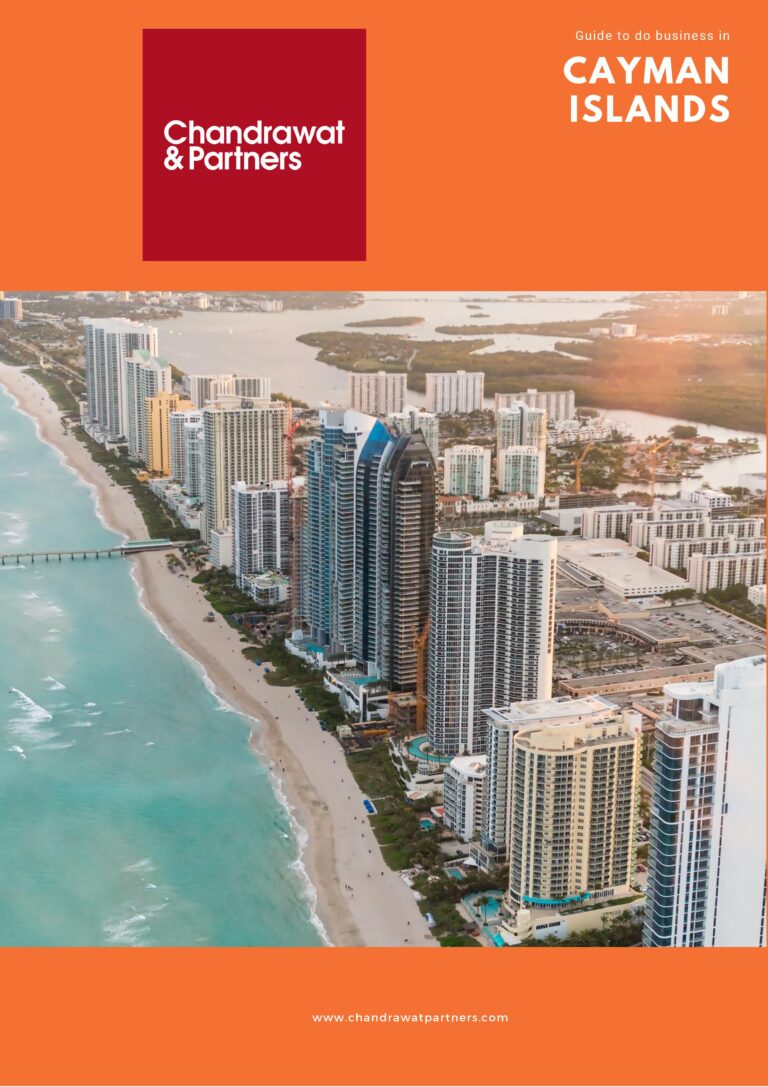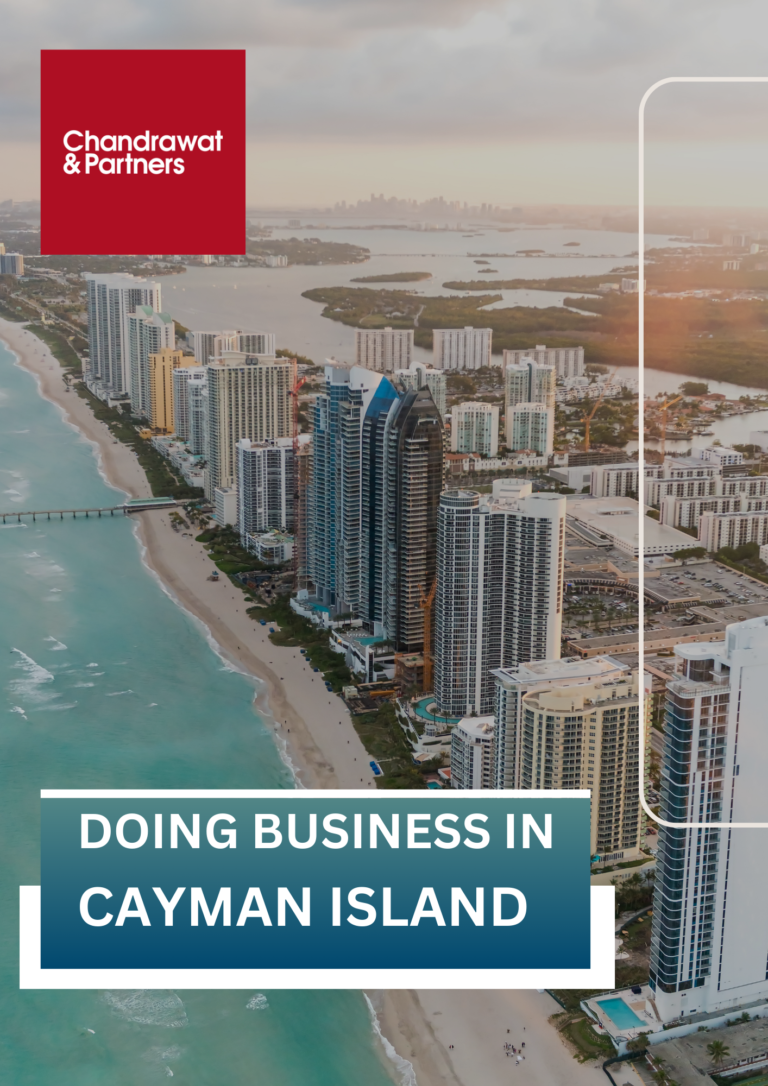We have a team of professionals to help you with all your business needs. So, that you can focus on business expansion in Cayman Islands.
Please feel free to email us on [email protected]
Cayman Islands
Why Cayman Islands?
An island group and overseas territory of the United Kingdom in the Caribbean Sea, Cayman Islands are situated northwest of Jamaica. Pleasant tropical climate is one of the main assets and tourism is of primary importance to the economy of the country. The Cayman Islands have the highest per capita income in the Caribbean. The economy of the country depends on banking, tourism and other services, whereas, international finance has also become a major component of the economy in recent times. Absence of direct taxes and liberal banking laws ensures confidential transactions in country. The Island is a major importer of machinery, transport equipment, other manufactured items, fuels, and foods. United States, Jamaica, United Kingdom and Japan are the primary trading partners of the Cayman.
Advantages
Located in the western Caribbean Sea, Cayman Islands is an attractive financial service center for offshore investors and corporations. The followings are some of the advantages of doing business in the Cayman Islands:
A business friendly environment
The country is recognized as one of the world’s leading providers of institutionally focused and specialized financial services and is also a favorite destination for the structure and domicile of offshore investments. The Islands have a stable government and a common law legal system that is based on English law.
Tax neutrality
In addition to having no corporate tax, the Cayman Islands impose no direct taxes whatsoever on residents. They have no income tax, no property taxes, no capital gains taxes, no payroll taxes, and no withholding tax. They are therefore considered tax neutral.
Flexibility
The key benefit of registering an entity in the Islands is that the companies can use those corporate structures when conducting international investments or financial transactions. With a holding company, businesses can maximize tax efficiencies, create IPOs, and merge with other companies in the Territory or with authorized foreign entities, and more. Therefore, the country’s corporate structures are a favored choice for wealth management and effective tax structuring.
Ease of entity registration
The registration of an entity in the Islands can be done in a short span of time, generally in three to five working days. Registration fees are also low and no minimum capital requirement is stipulated.
An island group and overseas territory of the United Kingdom in the Caribbean Sea, Cayman Islands are situated northwest of Jamaica. Pleasant tropical climate is one of the main assets and tourism is of primary importance to the economy of the country. The Cayman Islands have the highest per capita income in the Caribbean. The economy of the country depends on banking, tourism and other services, whereas, international finance has also become a major component of the economy in recent times. Absence of direct taxes and liberal banking laws ensures confidential transactions in country. The Island is a major importer of machinery, transport equipment, other manufactured items, fuels, and foods. United States, Jamaica, United Kingdom and Japan are the primary trading partners of the Cayman.
Simple Tax Regime
In addition to having no corporate tax, the Islands impose no direct taxes, whatsoever, on residents. There are no income tax, property tax, capital gains tax, payroll tax, and withholding tax applicable in Cayman Islands.
However, instead of earning revenue through direct taxation, the Cayman earns revenue via:
- Fees related to stay over tourism, work permits, financial transactions, and import duties.
- Duty taxes levied on most of goods imported to the Cayman, at a rate of 22% to 27%.
- Some items such as baby formula are exempted from duty, taxes while other goods such as, automobiles, are taxed at a higher rate based on the value of the vehicle.
- For expensive cars the duty tax can be imposed at a rate of 42%.
Cayman Companies
There are following types of legal entities available in Cayman Islands:
Associations not for profit
This type of organisations would typically be required to register as charities, sporting associations, philanthropic organisations, religious organisations, community groups, professional associations, or sporting organisations. An association not for profit is not required to publish its name, or to send a list of its members, to the Registrar or to pay an annual fee.
Exempted company
Proposed activities of this type of companies has to be carried out mainly outside of the country, and the offshore and registrants can apply for registration as an exempted company. Mainly, there are two types of exempted company available in Islands:
- Exempted Limited Duration Company
A LDC is continued until its terminal time or event specified in its Memorandum of Association. However, its duration should not be exceed more then 30 years and should have at least two members. On expiry of duration, it is automatically deemed to commence voluntary winding up and dissolution. Moreover, it may be wound up earlier voluntarily, if its members pass a special resolution and compulsory liquidation is always remains available with LDC’s creditors.
- Segregated Portfolio Company
This type of company remains a single legal entity, wherein, assets and liabilities of each portfolio are legally separate from the assets and liabilities of any other portfolio and from the SPC’s general assets and liabilities.
Foundation Company
This type of company is a separate legal entity which may be formed by the founder for any lawful object, which need not be beneficial to other persons, provided that it shall fall within the wide parameters permitted by the legislation such as; Foundation Companies Law, Companies Law, etc., and its constitutive documents are its memorandum and articles of association.
Limited Liability Company
These companies has a separate legal identity therefore, the members of the company cannot be held personally liable for the company’s debts or liabilities. Moreover, an LLC has no share capital, but members acquire an LLC interest and its management rests with its members and/or managers.
Non Resident Company
An ordinary non resident company is one that has been granted non resident status through an application to the Ministry of Finance through the Registrar of Companies and must state that the company does not intend to carry on business within the Cayman Islands. Such companies must maintain their registered office open for public inspection, a register of their past and present members. This may convert an ordinary resident company to an exempted company.
Overseas Company
These companies are usually referred as a foreign company, incorporated outside the Cayman Islands. The registration under Companies Law is necessary to enable overseas companies to hold land or carry on business in the Cayman Islands, or to act as the general partner of a Cayman Islands Exempted Limited Partnership.
Resident Company
Ordinary resident company is the one that carries on their business within the Islands. They must maintain their past and present members register at registered office, open for public inspection. They must also report annually to the Registrar, giving the names and addresses of members, directors, and the amounts of paid up capital.
Special Economic Zone Company
This type of companies are authorized to carry on business in a special economic zone (SEZ) pursuant to any Law in force in the Islands. The country’s Companies Law permits the re- registration of existing exempted companies as SEZ companies. The memorandum of association of companies is required to state the intention of carrying on SEZ business and name of the company must include ‘special economic zone company’ or ‘SEZC’.
Unlimited Company
In unlimited company, the liability of all the shareholders or members is unlimited. They have joint, several and non limited obligation to meet any deficiency in the assets of the company to settle outstanding debts in the event of the winding up of the company. The articles of the company must state the number of members with which the company proposes to be registered and amount of share capital in case if company is registered with share capital.

With a holding company, businesses can maximize tax efficiencies, create IPOs, and merge with other companies in the Territory or with authorized foreign entities, and more. Therefore, the country’s corporate structures are a favored choice for wealth management and effective tax structuring.
Author: Chandrawat & Partners
Topic: Doing Business in Cayman Island
Download our comprehensive guide on – Doing Business in Cayman Island
Contact Us
Get in touch with the right people to get the right help in setting up your business in Cayman Islands.
Contact us at: [email protected]
Cayman Islands
We have a team of professionals to help you with all your business needs. So, that you can focus on business expansion in Cayman Islands.
Please feel free to email us on
Cayman Islands
We have a team of professionals to help you with all your business needs. So, that you can focus on business expansion in Cayman Islands.
WHY CAYMAN ISLANDS?
An island group and overseas territory of the United Kingdom in the Caribbean Sea, Cayman Islands are situated northwest of Jamaica. Pleasant tropical climate is one of the main assets and tourism is of primary importance to the economy of the country. The Cayman Islands have the highest per capita income in the Caribbean. The economy of the country depends on banking, tourism and other services, whereas, international finance has also become a major component of the economy in recent times. Absence of direct taxes and liberal banking laws ensures confidential transactions in country.
The Island is a major importer of machinery, transport equipment, other manufactured items, fuels, and foods. United States, Jamaica, United Kingdom and Japan are the primary trading partners of the Cayman.

ADVANTAGES
A business friendly environment
The country is recognized as one of the world’s leading providers of institutionally focused and specialized financial services and is also a favorite destination for the structure and domicile of offshore investments. The Islands have a stable government and a common law legal system that is based on English law.
Tax neutrality
In addition to having no corporate tax, the Cayman Islands impose no direct taxes whatsoever on residents. They have no income tax, no property taxes, no capital gains taxes, no payroll taxes, and no withholding tax. They are therefore considered tax neutral.
Flexibility
The key benefit of registering an entity in the Islands is that the companies can use those corporate structures when conducting international investments or financial transactions. With a holding company, businesses can maximize tax efficiencies, create IPOs, and merge with other companies in the Territory or with authorized foreign entities, and more. Therefore, the country’s corporate structures are a favored choice for wealth management and effective tax structuring.
Ease of entity registration
The registration of an entity in the Islands can be done in a short span of time, generally in three to five working days. Registration fees are also low and no minimum capital requirement is stipulated
SIMPLE TAX REGIME
Corporate Tax
However, instead of earning revenue through direct taxation, the Cayman earns revenue via:
- Fees related to stay over tourism, work permits, financial transactions, and import duties.
- Duty taxes levied on most of goods imported to the Cayman, at a rate of 22% to 27%.
- Some items such as baby formula are exempted from duty, taxes while other goods such as, automobiles, are taxed at a higher rate based on the value of the vehicle.
- For expensive cars the duty tax can be imposed at a rate of 42%.

CAYMAN COMPANIES
Associations not for profit
This type of organisations would typically be required to register as charities, sporting associations, philanthropic organisations, religious organisations, community groups, professional associations, or sporting organisations. An association not for profit is not required to publish its name, or to send a list of its members, to the Registrar or to pay an annual fee.
Exempted company
A LDC is continued until its terminal time or event specified in its Memorandum of Association. However, its duration should not be exceed more then 30 years and should have at least two members. On expiry of duration, it is automatically deemed to commence voluntary winding up and dissolution. Moreover, it may be wound up earlier voluntarily, if its members pass a special resolution and compulsory liquidation is always remains available with LDC’s creditors.

Segregated Portfolio Company
This type of company remains a single legal entity, wherein, assets and liabilities of each portfolio are legally separate from the assets and liabilities of any other portfolio and from the SPC’s general assets and liabilities.
Foundation Company
This type of company is a separate legal entity which may be formed by the founder for any lawful object, which need not be beneficial to other persons, provided that it shall fall within the wide parameters permitted by the legislation such as; Foundation Companies Law, Companies Law, etc., and its constitutive documents are its memorandum and articles of association.
Limited Liability Company
These companies has a separate legal identity therefore, the members of the company cannot be held personally liable for the company’s debts or liabilities. Moreover, an LLC has no share capital, but members acquire an LLC interest and its management rests with its members and/or managers.

Non Resident Company
An ordinary non resident company is one that has been granted non resident status through an application to the Ministry of Finance through the Registrar of Companies and must state that the company does not intend to carry on business within the Cayman Islands. Such companies must maintain their registered office open for public inspection, a register of their past and present members. This may convert an ordinary resident company to an exempted company.
Overseas Company
These companies are usually referred as a foreign company, incorporated outside the Cayman Islands. The registration under Companies Law is necessary to enable overseas companies to hold land or carry on business in the Cayman Islands, or to act as the general partner of a Cayman Islands Exempted Limited Partnership.

Resident Company
Ordinary resident company is the one that carries on their business within the Islands. They must maintain their past and present members register at registered office, open for public inspection. They must also report annually to the Registrar, giving the names and addresses of members, directors, and the amounts of paid up capital.
Special Economic Zone Company
This type of companies are authorized to carry on business in a special economic zone (SEZ) pursuant to any Law in force in the Islands. The country’s Companies Law permits the re- registration of existing exempted companies as SEZ companies. The memorandum of association of companies is required to state the intention of carrying on SEZ business and name of the company must include ‘special economic zone company’ or ‘SEZC’.
Unlimited Company
In unlimited company, the liability of all the shareholders or members is unlimited. They have joint, several and non limited obligation to meet any deficiency in the assets of the company to settle outstanding debts in the event of the winding up of the company. The articles of the company must state the number of members with which the company proposes to be registered and amount of share capital in case if company is registered with share capital.



